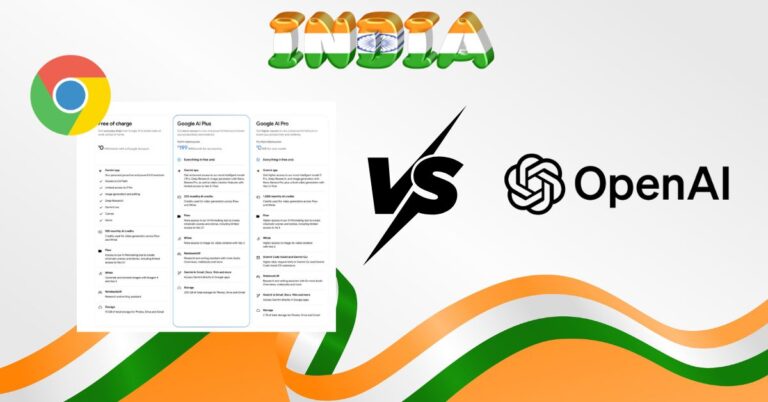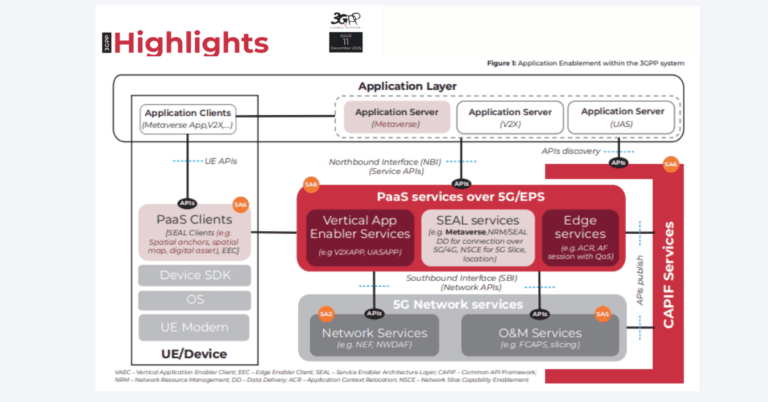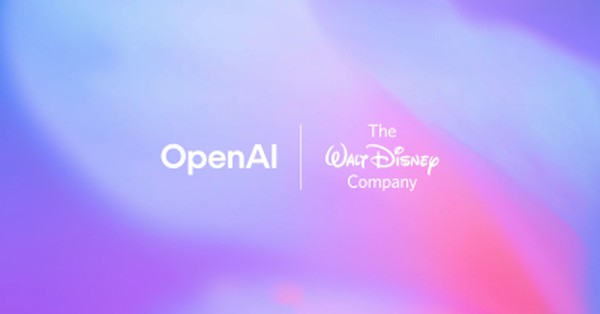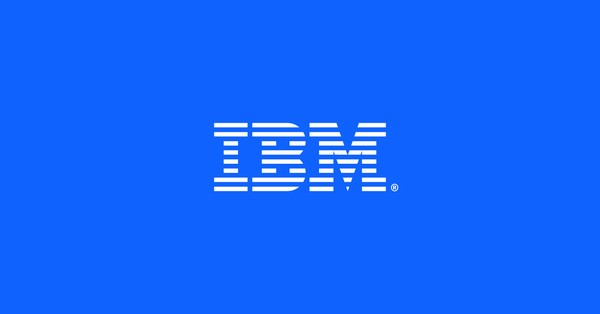Indian telecom operators are tapping into the power of AI to drive digital transformation beyond their networks. By partnering with global technology firms, companies like Airtel and Reliance Jio are shifting focus from internal efficiencies to developing monetizable AI applications tailored for India’s diverse sectors, including agriculture, healthcare, and education.
Here’s a deep dive into how these collaborations are shaping AI-driven innovation in the Indian telecom ecosystem.
Strategic AI Partnerships Between Indian Telcos and Global Tech Giants
India’s leading telcos are forming strong partnerships to co-develop AI solutions that are locally relevant and scalable.
- Airtel + Google: Airtel is working with Google to develop advanced AI/ML tools by harnessing its large-scale datasets. The aim is to boost GenAI adoption and offer AI-driven solutions for businesses through Google Cloud.
- Jio Platforms + Nvidia: Jio has teamed up with Nvidia to co-develop AI language models tailored to Indian languages and contexts. These models are targeted at use cases in retail, healthcare, agriculture, and education.
- Reliance Jio + AMD, Cisco & Nokia: Reliance Jio is working with AMD, Cisco, and Nokia to build an Open Telecom AI Platform. This platform focuses on improving network security, operational efficiency, and revenue generation using AI agents and language models.
- TCS + Nvidia: Tata Consultancy Services (TCS) is also in the mix, collaborating with Nvidia to build generative AI applications. The partnership involves workforce training and integration with Jio’s AI cloud infrastructure to drive enterprise adoption.
From Efficiency to Monetization: AI’s Expanding Role
Indian telcos are going beyond traditional AI applications like network optimization to explore more strategic, revenue-generating opportunities.
- Industry-Centric Solutions: Customized AI-powered tools are being developed for different verticals. In agriculture, AI supports precision farming and yield forecasting. In healthcare, it enables telemedicine and diagnostics. For education, AI powers adaptive learning platforms.
- AI-as-a-Service: Jio’s “Jio Brain” platform is a major step toward democratizing AI. It plans to offer AI-as-a-Service to enterprises, with personalized AI agents that cater to business-specific needs.
- AI for Enterprises: Airtel and Jio are helping Indian businesses access advanced AI capabilities, offering a mix of cloud services, data analytics, and domain-specific models to create measurable impact.
Real-World AI Use Cases Transforming Indian Telecom Operations
Indian telecom operators are already leveraging AI across various operational and customer-facing use cases.
- Network Optimization: AI models are used for real-time planning, traffic forecasting, and automated fault resolution. Jio’s use of digital twin technology under its JioBrain platform enables simulation and testing before real-world deployment.
- Customer Service Automation: AI-powered chatbots and virtual assistants handle customer queries, personalize recommendations, and reduce resolution times.
- Spam and Fraud Prevention: AI algorithms analyze caller behavior to detect spam and fraudulent calls. This proactive filtering enhances user experience and trust.
- Cybersecurity Integration: AI is increasingly used to strengthen cybersecurity. Solutions include data analysis tools and real-time alerts to detect and mitigate cyber threats.
- Predictive Maintenance: AI helps predict hardware failures, allowing preemptive repairs and reducing network downtime. This improves service reliability and reduces operational costs.
Key Benefits of AI Adoption – Enhancing Efficiency, Experience & Revenue for Telcos
Indian telecom operators are seeing a wide range of benefits from integrating AI across their infrastructure and service offerings.
- Operational Efficiency: Automation of routine tasks, smarter network management, and resource optimization reduce overall costs.
- Customer Experience: AI helps personalize user interactions and automate support systems, leading to higher satisfaction rates.
- New Revenue Opportunities: AI-driven services such as sector-specific tools and AI agents open up fresh monetization avenues in both B2B and B2C markets.
Barriers to Scalable AI in India’s Telecom Sector
While the opportunity is clear, Indian telcos also face several hurdles in realizing the full potential of AI.
- Cost Management: AI solutions require significant investment in infrastructure, platforms, and skilled personnel. Ensuring ROI remains a challenge.
- Legacy Systems: Integrating AI tools with older telecom infrastructure poses technical complexities and increases deployment timelines.
- Talent Gap: There is a shortage of experienced AI professionals, especially those with telecom-specific expertise. Upskilling and hiring remain top priorities.
- Data Privacy and Security: As data-driven models become the norm, managing user privacy and securing datasets becomes increasingly critical. Adhering to evolving regulations adds to the challenge.
The Future of AI-Driven Digital Transformation in Indian Telecom
Indian telcos are transitioning from passive consumers of technology to active co-creators of localized AI solutions. Through collaborations with top global players, they are positioning themselves to serve not just connectivity needs, but also digital transformation goals across sectors like agriculture, education, and healthcare.
The next phase involves scaling these AI applications to reach rural and underserved markets, ensuring inclusivity while unlocking monetization opportunities across India’s digital economy.







































